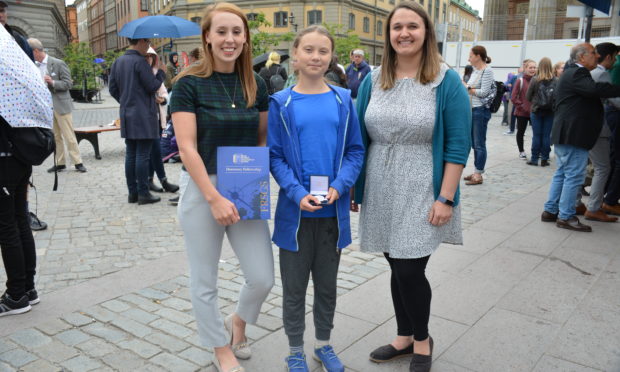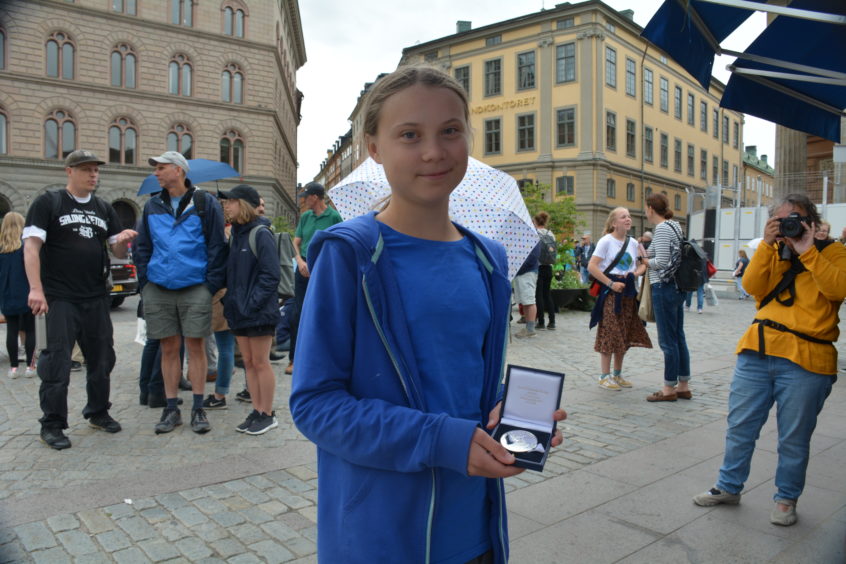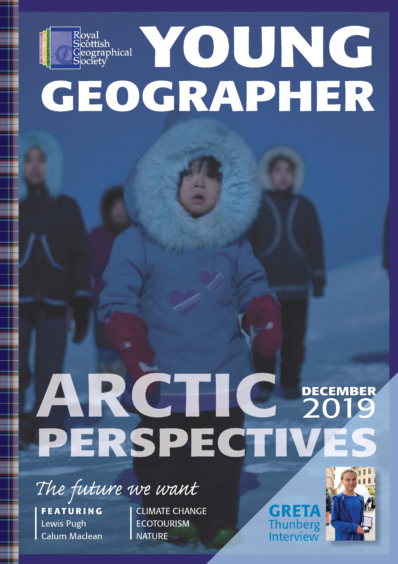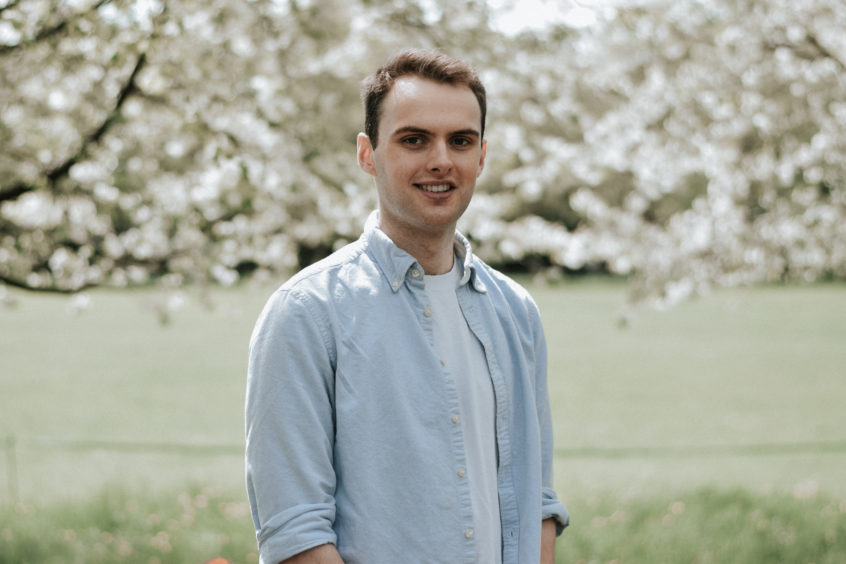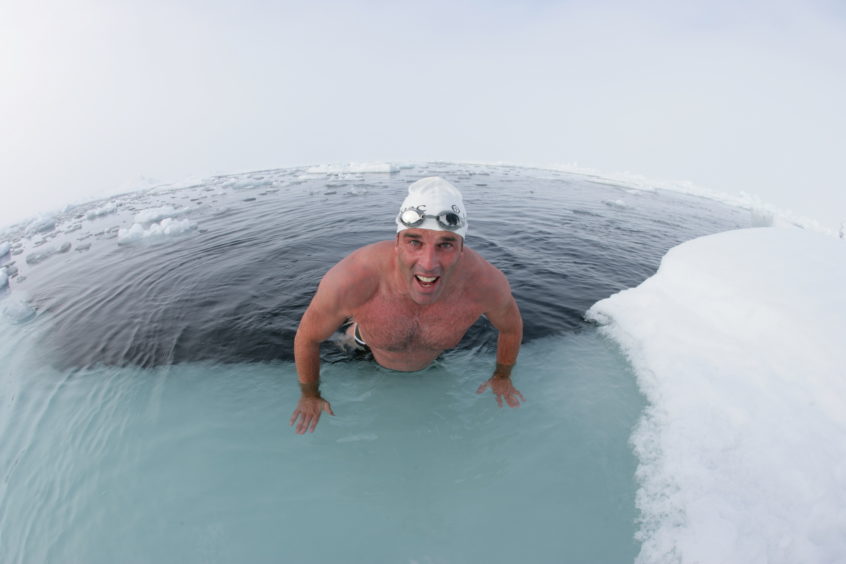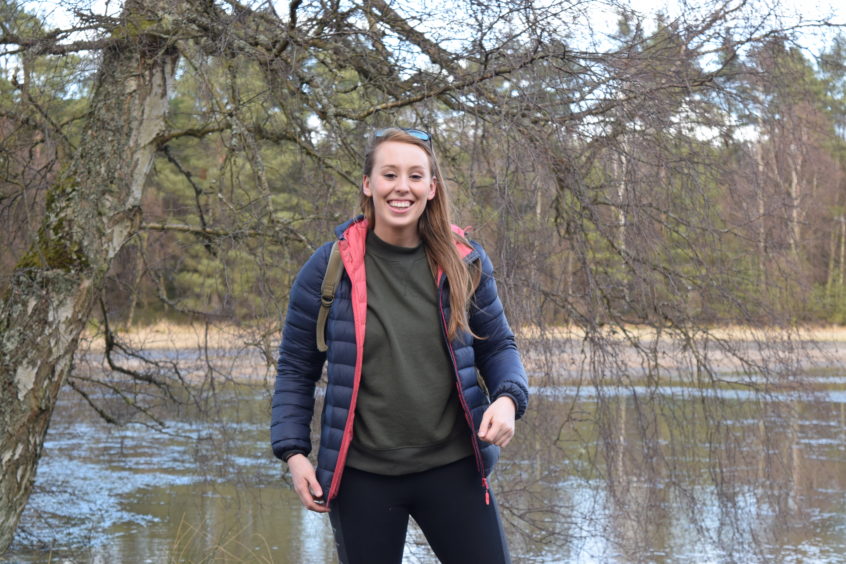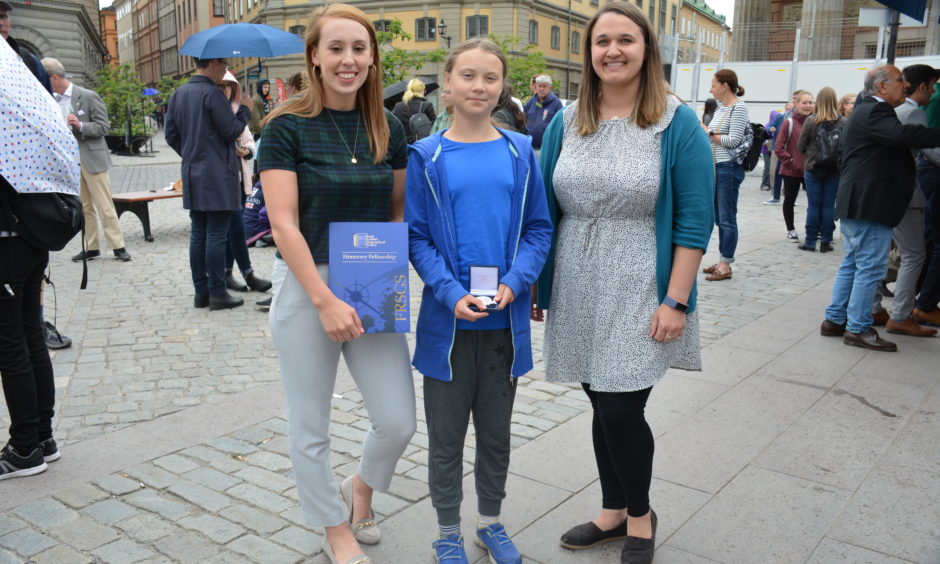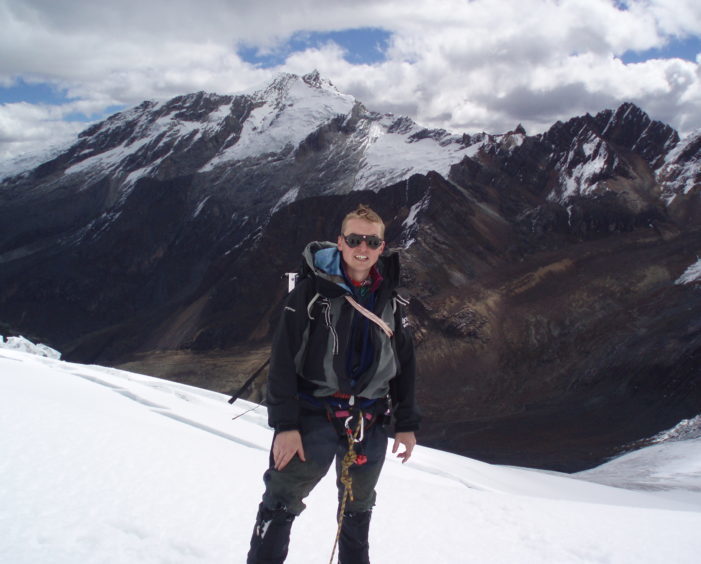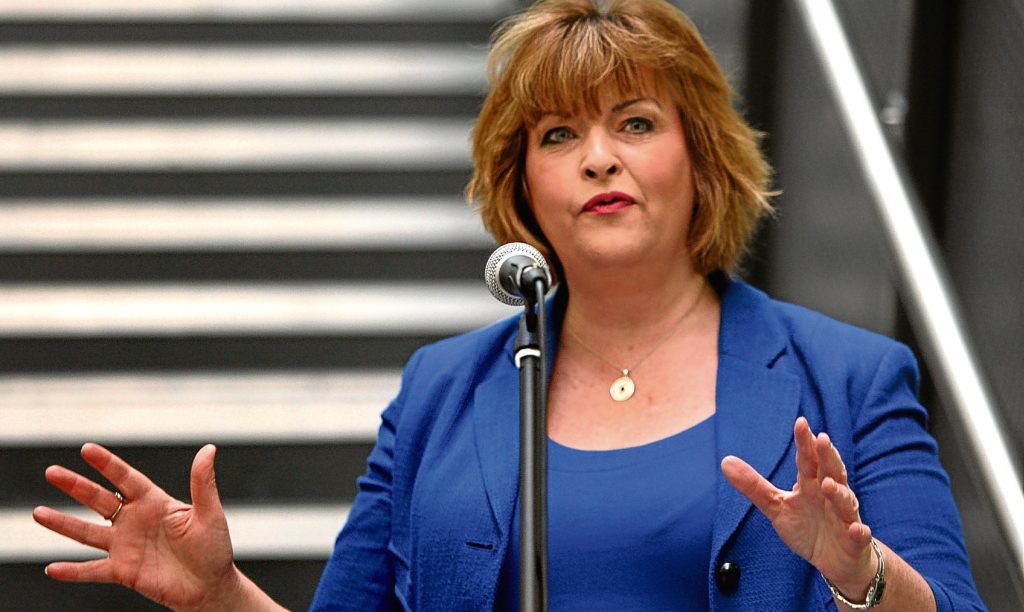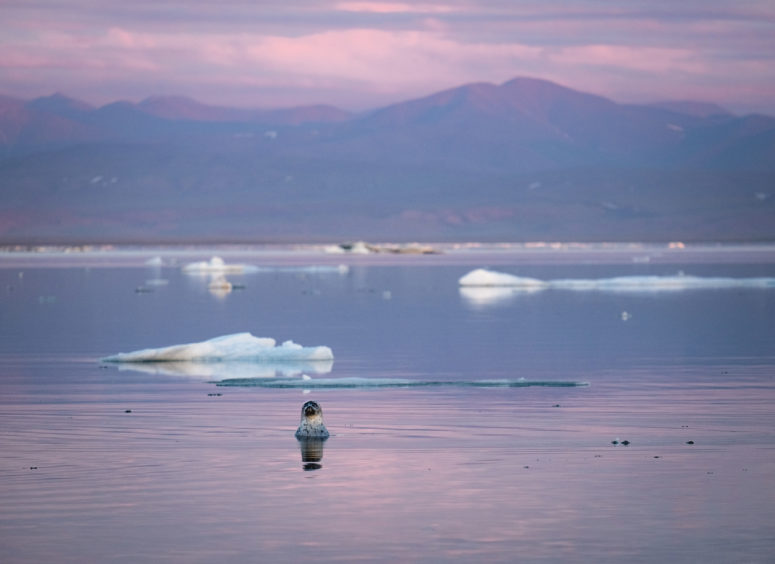Michael Alexander speaks to young Scottish geographers who, through the Perth-based Royal Scottish Geographical Society, are challenging the world to work together towards an ‘inclusive and sustainable’ future.
When the Swedish teenage environmentalist Greta Thunberg spoke to activists at the UN climate talks in Madrid in early December, she warned that that the global wave of school strikes for the climate over the past year has “achieved nothing”.
Amid concern that wealthy countries attending the climate talks – including the world’s largest carbon emitters – are lagging behind in embracing urgent climate action, the latest scientific data suggests that greenhouse gas emissions have risen by 4% since the landmark Paris climate agreement was signed in 2016.
But as sea-levels continue to rise, as ice sheets continue to shrink and as a minority of sceptics even continue to question whether accelerating carbon pollution is manmade, a group of young Scottish geographers are refusing to be disheartened.
They have published an impactful new magazine about Scotland and the Arctic with the help of the Royal Scottish Geographical Society (RSGS).
Themes in the magazine – funded by the Scottish Government and the Gannochy Trust – range from climate change and geopolitics to wildlife and ecotourism, and include contributions from individuals as young as nine.
Excitingly, the publication entitled Arctic Perspectives, also features interview pieces with a host of high-profile names, including Greta Thunberg, who they travelled to interview and present with an RSGS medal on a “plane-free” journey to Sweden, and UN Patron of the Oceans, Lewis Pugh.
Wild-swimmer and broadcaster Calum Maclean has also penned an article in Gaelic, the translated version of which will be published on the RSGS website in the New Year.
The young editorial team was selected and coached by staff at RSGS who – with their experience creating their in-house quarterly magazine – taught them the basics of the publishing process, including commissioning articles, editing, design and printing.
Amongst the team was Cameron Mackay from St Andrews. A former pupil of Lawhead Primary and Madras College who studied geography at Glasgow University and went on to do a masters on the geography of the Arctic at the Scots Polar Research Institute at Cambridge University, the 24-year-old freelance filmmaker who works with the environmental sustainability team at Strathclyde University helped sub-edit the magazine.
Describing Greta Thunberg as “inspiring”, he challenged the world to put its “heads together” to work towards a common future and for young people to “shout about what they want that future to be”.
“The best thing we can do right now is put our heads together and discuss things,” said Cameron, who has seen the human impact of climate change at first hand on expeditions to the Himalayas and Greenland.
“But we also need to make the debate more diverse. The Scottish climate movement right now for example is very white and it’s very middle class and it’s very university educated. We need to break away from that, to widen it out.
“We must also ask ‘what does a sustainable future in Scotland look like and how do we work towards it?’
“There’s a lot of talk about the disaster and emergency that we are in. But now we should get people coming together producing media, writing, shouting, talking, campaigning for saying ‘let’s draw a picture here of a future we can all work towards together that is inclusive, sustainable that has multiple benefits’. My message to young people is to shout about what they want that future to be!”
It’s a vision shared by Stirling University environmental science graduate Eilidh Watson, 24, who edited the magazine.
Putting her lifelong love of the environment down to her “fantastic” geography teacher at Uddingston Grammar and walking holidays as a child, she is exploring the “disconnect” between energy, gender and climate issues in Malawi through her PhD at Glasgow Caledonia University’s Centre for Climate Justice.
“I think young people are in a great position right now to really get their voices heard and put their opinions forward,” she said, challenging global politicians to do more than just “saying the right things” and to look at the longer term, “bigger picture”.
“I think everybody underestimated the momentum the whole climate strike movement has had.
“I think it’s a great time now that young peoples’ opinions and voices are being heard.
“I think there’ a long way still to go but if there are any young people out there who are passionate – especially on environmental issues –they should do whatever they can to get involved.
“It doesn’t have to be a big lifestyle choice. Small efforts by everyone can come together to make a big difference.”
Mike Robinson, chief executive of the Perth-based RSGS, explained the Young Geographer magazine was funded by the Scottish Government and the Gannochy Trust, in part to feed into the Scottish Government’s policy work in the region, and its emphasis on involving young people in such discussions.
“Young people in Scotland have inherited a very different world to the one their parents did,” he said.
“Though opportunities abound and technology has transformed their lives, young people nevertheless face a complicated job market, an increasingly divided political landscape, rising debt and a degraded environment. And, as has been demonstrated by the climate strikes over recent months, many feel their views are not being represented by those currently in charge.
“Now in its second edition, our Young Geographer magazine has been developed to help address this by providing young people with the training, skills and platform necessary to explore the issues important to them and help voice their concerns.”
Fiona Hyslop, Cabinet Secretary for Culture, Tourism and External Affairs added: “In order to strengthen existing links and open new avenues for engagement with Arctic countries, the Scottish Government has launched Arctic Connections, Scotland’s first Arctic Policy Framework.
“Far from being a geopolitical statement, Arctic Connections aims to serve as a prospectus for renewed Scottish-Arctic cooperation.
“From biodiversity monitoring and encouraging sustainable tourism, to providing high-quality health services in remote areas and developing clean energy solutions, there is a lot Scotland and Arctic countries can learn from each other and even more they can achieve together.
“I am especially grateful for the support and expert advice that RSGS, including its Young Geographers, have provided throughout its development.”
